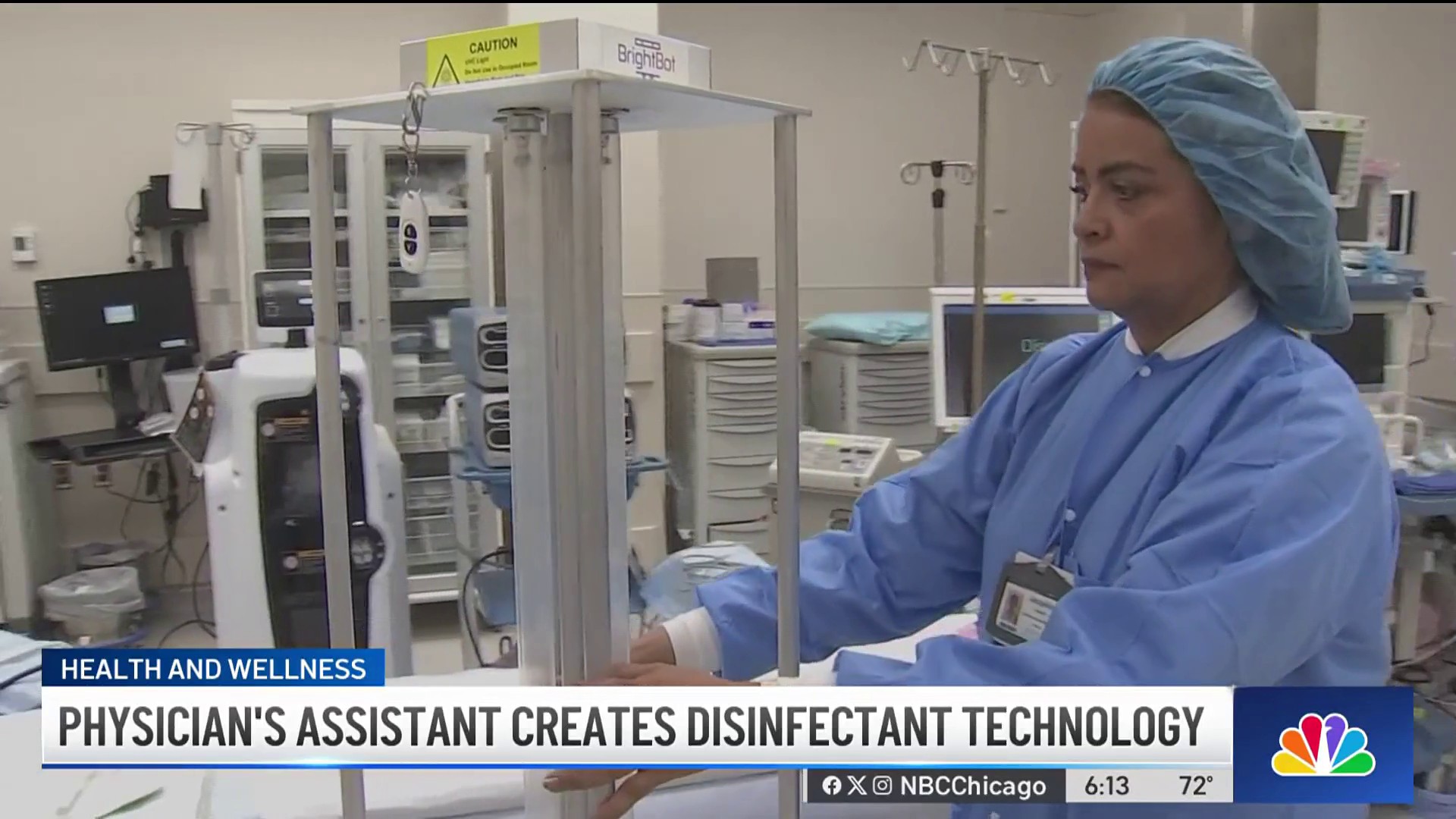With the respiratory virus season quickly approaching, health officials are urging Americans to get vaccinated for COVID-19 and influenza, while also encouraging the public to learn the warning signs of sepsis.
“The key thing with sepsis is you have to have an infection and then it's your body's overwhelming response to the infection,” said Dr. Karin Molander, an emergency department physician working with the Sepsis Alliance to raise awareness about the potentially-deadly condition.
“About 50% of patients who get septic shock will die, so it's a big deal. And that's part of the reason why we're trying to increase awareness. We don't want it to get to that point,” Molander said.
When sepsis sets in, time is of the essence and “TIME” is the acronym the Sepsis Alliance and other health officials use to help the public remember the warning signs of the condition:
T = Temperature (higher or lower than normal)
I = Infection (may have signs or symptoms of an infection)
M = Mental Decline (acting confused, sleepy, difficult to rouse)
Health & Wellness
E = Extremely Ill (severe pain, discomfort, shortness of breath)
Molander says sepsis can happen at any time, but is more common in the winter.
Feeling out of the loop? We'll catch you up on the Chicago news you need to know. Sign up for the weekly Chicago Catch-Up newsletter here.
“Typically the winter season is when we have an increase in the amount of sepsis because that's when we also have more cases of the flu,” Molander said.
That’s why Molander and other emergency room physicians are urging flu shots, COVID vaccines and other precautionary measures, especially for those at the highest risk.
“The very young, the very old, those with chronic illnesses like diabetes or emphysema are at the highest risk,” Molander said.
Peter Guglietta knows how deadly sepsis can be. He lost his wife of 30 years, Gail, to septic shock in 2020.
“With Gail unfortunately, we got there too late,” Gugletta said.
Guglietta said his wife thought she had a case of the influenza, but her symptoms worsened.
“I could tell something wasn't there. Her sharpness wasn’t there and she was always very with everything. And she was sleeping a lot. So we decided that there was something more at work here than just a simple flu,” Guglietta said.
When they got to the emergency room, they learned Gail had suffered a ruptured colon after experiencing diverticulitis and sepsis had set in.
“48 hours after she was admitted to the hospital, she passed,” Guglietta said.
He is sharing her story to help people remember the acronym, “TIME,” something he lost with his wife, due to sepsis.
“Time is of the essence, and in this case, unfortunately, we were on the wrong side of time for Gail,” Guglietta said.



